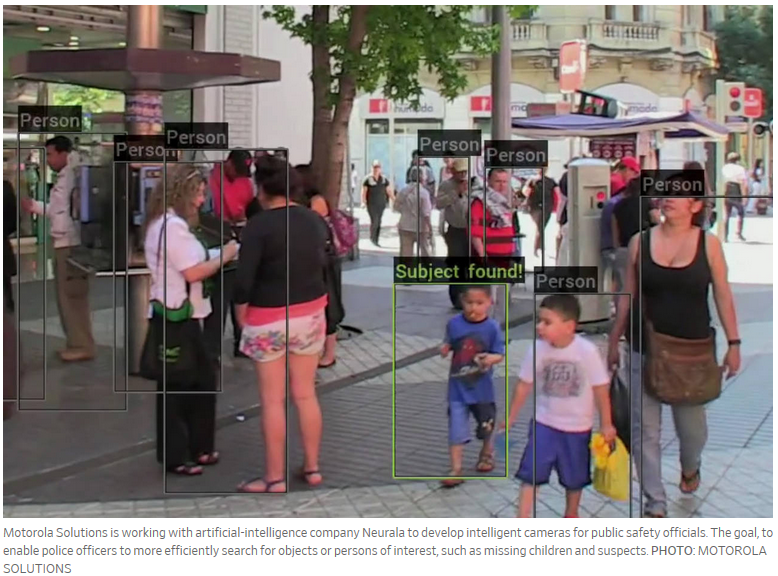Loosely related to a nearby post, now it seems the government is getting worried about the size of the “private” capital market, where folks can place investments in enterprises, particularly startups, without having to go through the public—stock—markets and government regulations that are broadly extensive and deeply intrusive.
The boom is transforming how companies grow, concentrating investing in fewer hands and raising concerns about oversight
The linked-to article’s subhead lays out the whole misunderstanding. Government doesn’t need to be in the business of regulating every little thing we do. We can manage our investments just fine without Government’s “help.” And we can suffer our own outcomes if we choose badly or fortune moves against us despite our otherwise correct decisions.
[Some] private placements require no disclosure at all, said Anna Pinedo, a partner at law firm Mayer Brown. “It’s impossible to know who’s raising money this way or from whom.”
It’s none of government’s business to know unless it’s prepared to allege specific crimes.
Michael Piwowar, a[n SEC] commissioner, questioned “the notion that nonaccredited investors are truly protected by regulations that prevent them from investing in high-risk, high-return securities….
It’s not government’s job to protect us from ourselves. That’s our job.
The way to entice investors back to the publicly traded markets is to reduce those regulations and their intrusiveness.

